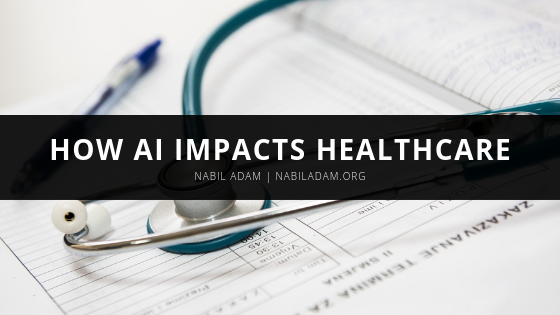Artificial intelligence and machine learning are two driving factors in the advancement of technology. More industries seek to automate their services to deliver the best experiences in their market.
A sophisticated machine algorithm can accomplish labor tasks at a hundred times the speed and save business millions of dollars. Advancements in automation allow the healthcare industry to provide better services.
In fact, many medical professions around the world rely on artificial intelligence to record pertinent health records. Technology like cloud computing and serverless networks are a few of the examples of automotive technology in health care.
What are the advantages of artificial intelligence in healthcare
Smart machines are performing surgical procedures and reduce the risk of human error. The precision of the devices allows a surgeon to carry out the operation from a remote location.
In fact, artificial intelligence increases mobility in the workplace and allows medical professions to see more patients. Doctors perform more remote work and see a larger volume of patients.
Patients can expect to receive their information more quickly through automation. Many networks and databases store large amounts of healthcare information that medical professions have quick access to. A medical profession can find the patient’s information in a fraction of the time.
Automation increases efficiency in the healthcare industry. Doctors have the information they need in a database when the patient comes to visit.
Data storage and automation also increase transparency in the workplace. A patient can call their doctor through an app or program. Doctors can schedule their patients for the next visit through the app as well.
Many programs are equipped to analyze biological metrics of a patient through communication technology. Sophisticated algorithms report the biological metrics back to the medical profession for analysis.
Another advantage of artificial intelligence is the reduction of human error. Hand-written information can get lost in translation, and paper-based work is more likely to be lost. Today, there are many programs that process the data that medical professions need.
What is the future of artificial intelligence and healthcare?
Artificial intelligence is a major component of the healthcare industry and shows no signs of slowing down. Advancements in artificial intelligence can lead to the discovery of new medical practices.

